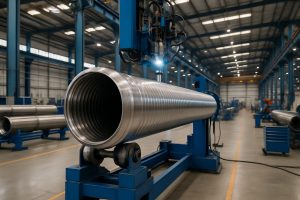Consumer prices in Spain held steady in August, with a minimal 0.2% increase from the previous month. This stability can...
Spain Economy
Spain Economy refers to the economic system and structure of Spain, a country located in southwestern Europe. It encompasses the production, distribution, and consumption of goods and services in Spain, as well as the various factors that influence economic activity, such as government policies, labor markets, and international trade. The Spanish economy is characterized by a mix of industries, including agriculture, manufacturing, and services, with a notable emphasis on tourism, which is a significant contributor to GDP.
Spain has a diverse economic landscape that includes both traditional sectors and emerging industries such as technology and renewable energy. The country is a member of the European Union (EU) and the Eurozone, which influences its economic policies and trade relationships. The economy has faced various challenges over the years, including the effects of the global financial crisis, high unemployment rates, and regional disparities. However, Spain has also shown resilience and recovery through reforms and economic diversification.
Key indicators of the Spain economy include GDP growth rate, inflation rate, unemployment rate, and balance of trade. Understanding the Spain economy involves analyzing these factors and how they interact within the broader European and global economic context.









